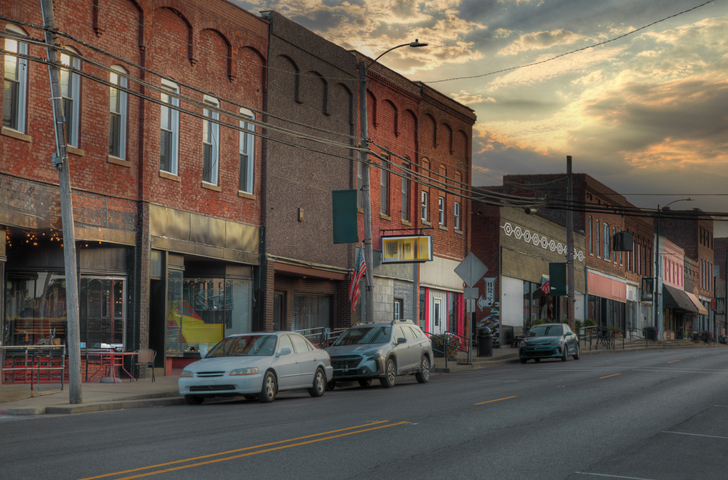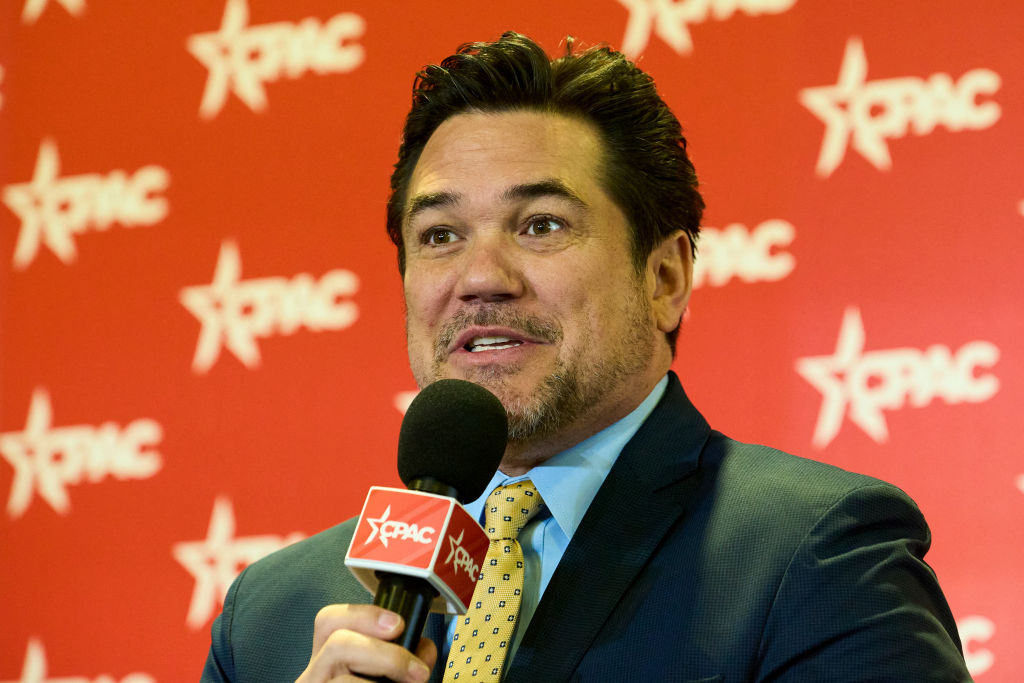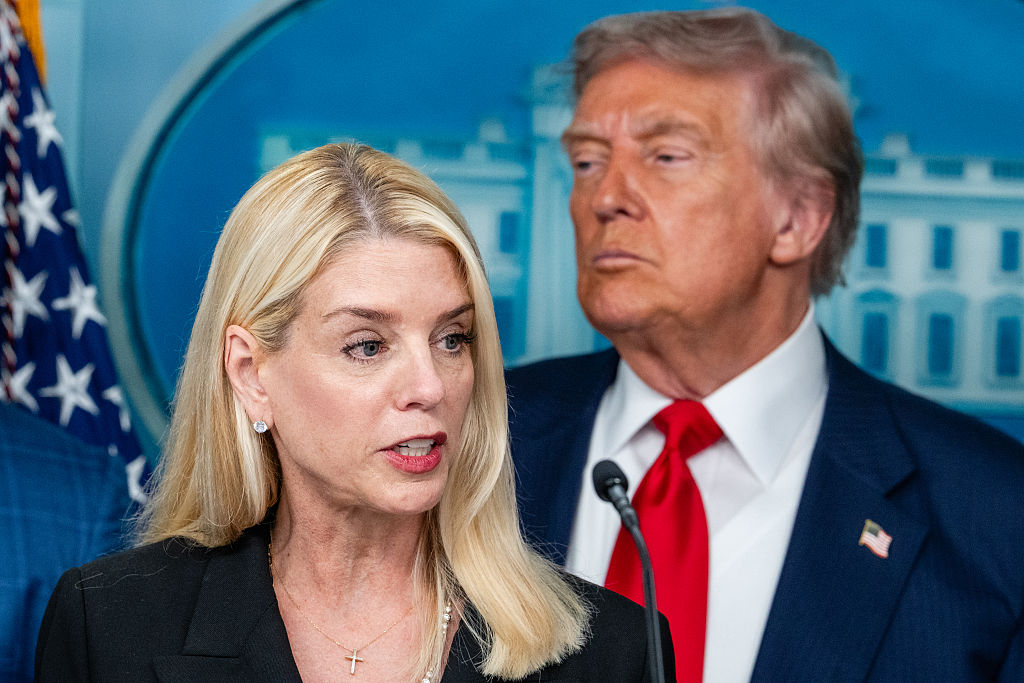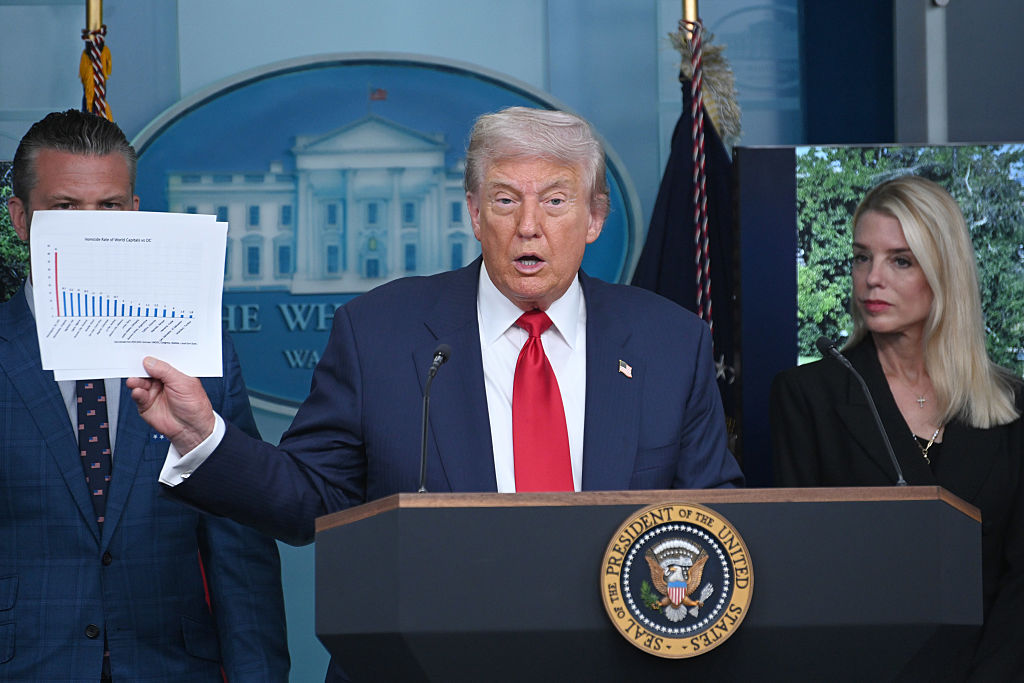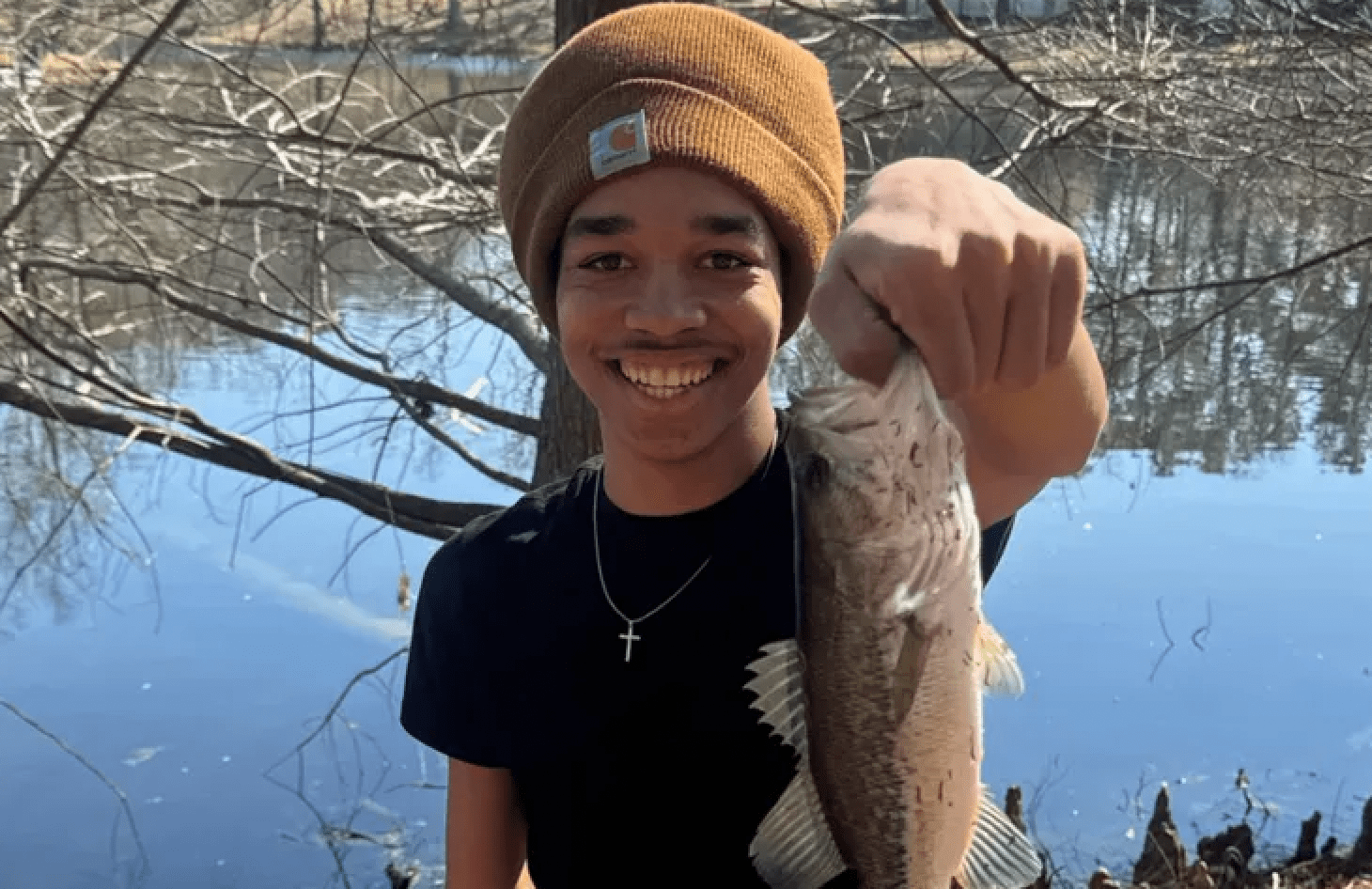Ice Cube Reflects On L.A. Riots
Ice Cube Reflects On Hip Hop’s Influence On The L.A. Riots
By Courtney Garcia
On the 20th anniversary of the L.A. riots, Ice Cube remembers where he was when the uprising broke, and how hip hop fueled the insurgence
SEE ALSO: Racial Attacks On Hockey Player Are Sickening
Twenty years ago, when the L.A. riots were ignited on April 29, 1992, a single man’s life became catalyst for a rap revolution led by Ice Cube and a handful of other hip-hop icons. By the time of Rodney King’s beating, rap had already put its stakes firmly into the American musical underpinning, giving birth to both intellectual discourse on race relations and social injustice, as well as unabashed verbal rebuke in the form of gangsta rap. Loud, observant, and demanding attention, gangsta rap, in particular, became soundtrack to this era of racial instability, believed by many to not only have led the nation in cultural exploration, but to have actually prophesized the insurrection.
Want to Keep Up With NewsOne.com? LIKE Us On Facebook!
A prominent voice in the movement, Cube became a rapper and actor who pioneered this subgenre of west coast hip-hop with his anti-authoritative gang of poetic nihilists, N.W.A.. At the time of the riots, he was onto his own initiative, releasing solo records and focusing on a burgeoning career in the movie business.
Listen To Ice Cube’s “We Had To Tear This MotherF**ka Up”
“I was actually in a movie meeting when the fight broke out,” Cube told theGrio, backstage at K-Day’s annual Krush Groove concert in Hollywood, on the eve of the riots’ 20th anniversary. “When I heard the verdict, I really wanted to end the meeting, you know? I really wasn’t into it after that. And I was on my way home, and you know, I could hear things going down…on Florence and Normandie…. I was like basically, ‘What did they expect to happen?’ It was like a big slap in the face.”
Go to theGrio for the rest of the story!
SEE ALSO:








